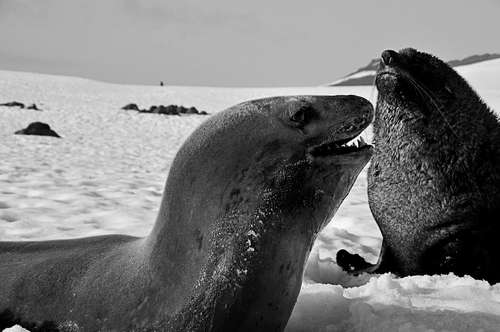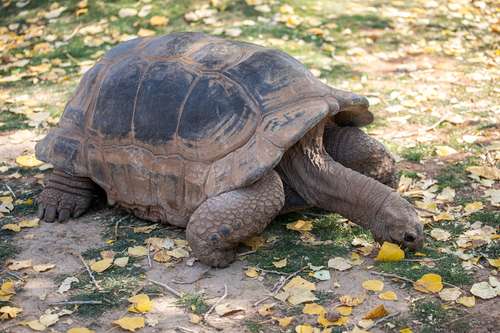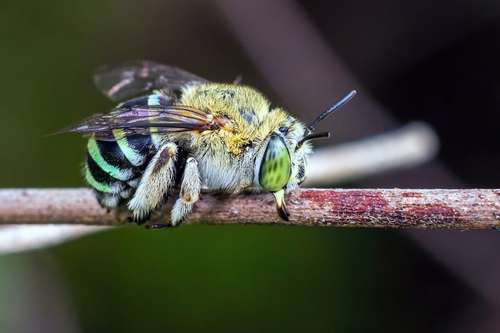A mysterious illness affects dogs in various parts of the United States, causing worry among dog owners and confusion for veterinarians.
The disease, linked to fatal outcomes in some cases, first appeared among canines in Oregon, particularly in the Pacific Northwest region.
Despite their efforts, veterinarians have been unable to identify the root cause of this illness, which manifests symptoms similar to pneumonia and does not respond to conventional treatments.
Cases Across the Country
The onset of this mysterious ailment was observed in Oregon during August, with the state now reporting over 200 cases, as stated by the Oregon Department of Agriculture (ODA).
Furthermore, similar cases have surfaced in other states along the East Coast, such as Colorado, Illinois, and New Hampshire, indicating a widespread issue.
While veterinarians suspect a viral origin, routine tests for common respiratory infections have yielded inconclusive results.
Symptoms and Cautionary Measures
Manifesting as coughing, sneezing, nasal and eye discharge, and lethargy, the illness requires dog owners to seek immediate veterinary attention if their pets display any of these symptoms.

However, the illness often prolongs coughing for over eight weeks, with some dogs developing pneumonia that rejects traditional treatment methods. Alarmingly, pneumonia can easily escalate within a day or so, leading to dire consequences.
Most affected dogs were found to have been in contact with other canines through boarding kennels or training schools, prompting the ODA to advise caution among dog owners rather than undue worry.
Experts recommend minimizing exposure to unfamiliar dogs, avoiding shared water bowls, ensuring up-to-date vaccinations, and limiting contact with visibly unwell dogs to safeguard pets.
Investigative Efforts and Unraveling Mysteries
Veterinary specialists from Oregon State University, the Oregon Veterinary Diagnostic Laboratory (OVDL), and the National Veterinary Services Laboratory (USDA NVSL) collaborate to discern the illness's cause.
They're conducting genetic sequencing of viral samples from affected dogs and working alongside rescue shelters to gather vital and essential data to understand the illness's origins better.
The Pursuit of Answers
In the initial stages of the outbreak in New Hampshire during the summer of 2022, researchers faced a baffling situation.
Despite extensive testing for known pathogens, including viruses, bacteria, and fungi, the samples yielded no conclusive results.
Further investigations identified an unusual bacterium segment in affected dogs, resembling a previously undocumented strain related to Mycoplasma.
Expanding their study, researchers examined animal samples in Massachusetts, Rhode Island, Oregon, Colorado, and Illinois.
However, while progress is being made in identifying the unknown bacterium, caution is exercised in definitively attributing it as the primary cause. The presence of this bacterium might merely indicate its spread due to weakened immunity rather than being the sole originator of the disease.
Protecting Canine Companions
Owners are advised to stay informed about outbreaks in their regions through local news or veterinary sources. Additional awareness is recommended, especially for dogs frequenting social places like parks or kennels.
Younger and older dogs or those with preexisting health conditions are at higher risk. Vaccination is an important protective measure that offers better recovery prospects.
The preventive measures advocated echo strategies employed to relieve the spread of COVID-19 among humans, emphasizing the need for heightened awareness and precautions against pneumonia in dogs.
As the quest for understanding this canine illness continues, experts urge dog owners to remain vigilant and prioritize their pets' well-being by following vet recommendations and staying updated on developments in their area.
This situation demands a collaborative effort from veterinary communities and dog owners alike to put an end to this baffling illness and ensure the safety of our beloved four-legged companions.




